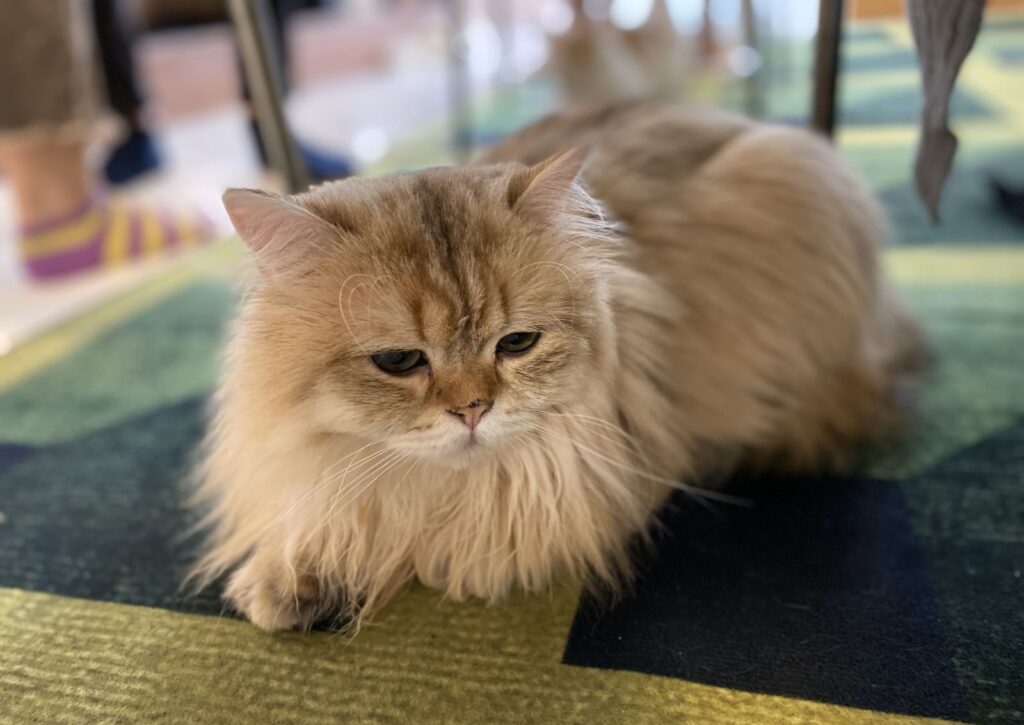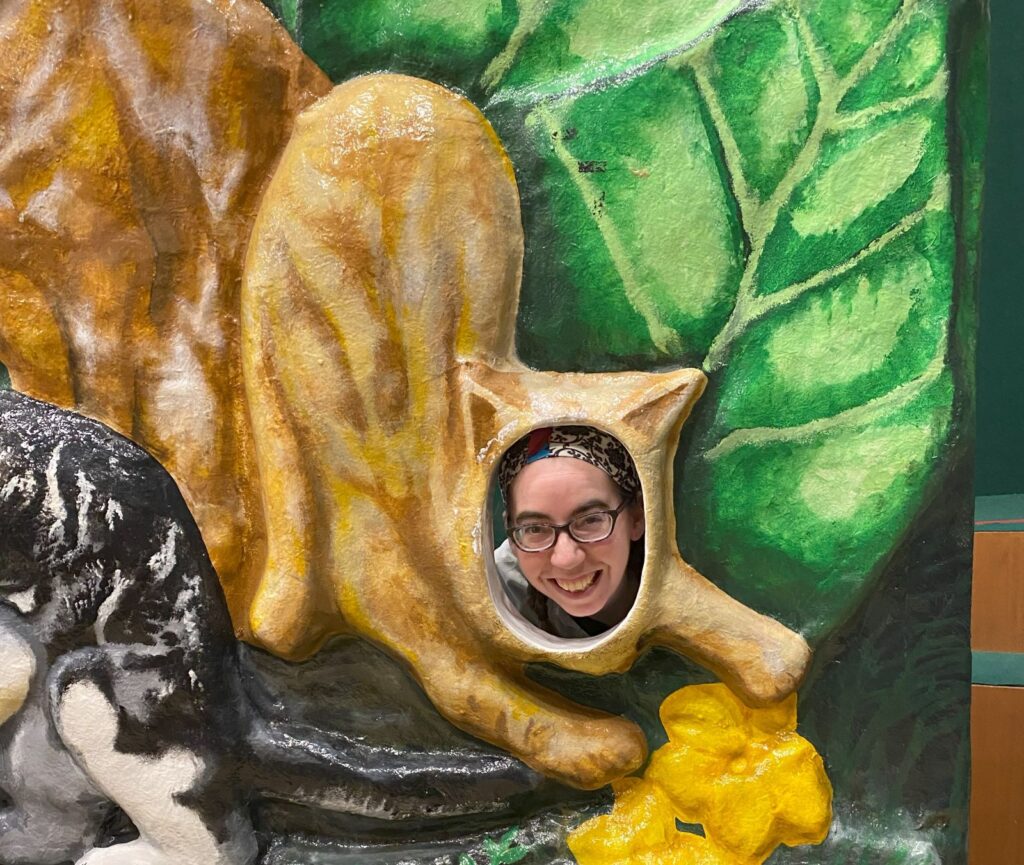
Anastasia Finch
Writer, blogger, artist, librarian! Traveling the world since 2022.
A passion for creating
I’ve always been a writer and artist, but it’s only in the last few years that I’ve been putting those talents to good use. Here’s some of my projects:
Just Gone Wandering
A travel blog for people who want to travel full-time, go on overland journeys and have fun adventures without breaking the bank.
Digital Junk Journals
Resources and tutorials for making mixed media style collages on the computer, with digital assets!
Family Reading Club
Librarian-approved reading lists and reading resources for families. (Currently on hiatus.)
Petsitting & Housesitting
I love cats dearly and miss being able to hang out with them! I’ve recently started petsitting and am open to stays of a week or more (nearly) anywhere in the world.
Trusted Housesitters Profile
- Criminal Background Check Completed
- ID Verified
- Open for sits in Pacific Northwest and California from June 2025 onward.


Why petsitting?
I love the idea of getting to go to new places and live like a local, while the local I’m sitting for gets to travel somewhere new and explore!
One of my hobbies is taking photos of cats whenever I find them, so I’m happy to take photos of pets and send them to the owner during the sit.